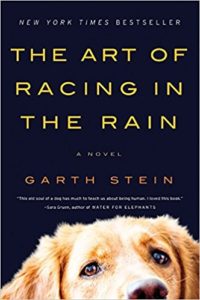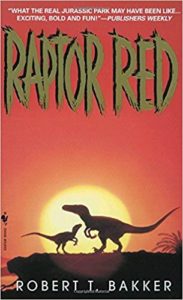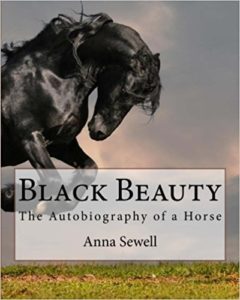 Just about everyone has an off day or even week every once in a while. I recently found myself started straying a little bit from my normally much healthier habits.
Just about everyone has an off day or even week every once in a while. I recently found myself started straying a little bit from my normally much healthier habits.
Let’s just say that the after-effects of a stomach bug mixed in with the long, dull, dreary days of March did not make me all that eager to eat my vegetables or do my normal workouts even after I started feeling better.
I’m now back into my regular habits after this short break, though.
No matter how long it’s been since you slipped up, you can always recommit yourself to the goals you set for yourself earlier. It’s never too late to try again.
Remind Yourself Why You Made These Lifestyle Changes
Whether you were hoping to build muscle, run faster, lift heavier weights, reduce your risk of certain diseases, or reach some other goal, it’s important to remind yourself why it is you made these changes in the first place.
If you’ve been keeping track of your progress, now would be a fantastic time to look back over your old stats to see how they’ve changed over time.
For those of you who don’t have any statistics yet on anything related to fitness and health, now is the perfect time to change that if you’re interested in keeping track of how you’re doing!
(Maybe I should write a blog post about statistics, fitness, and health at some point in the future. What do you all think?)
Plan Ahead
It’s much easier to get back into healthier habits if you put some thought into your daily routines ahead of time.
For example, this might involve making sure your gym bag is packed with clean clothes and ready to go the night before you were planning to go back to the gym, setting an alarm to remind you to meditate at a certain time each night, or running to the grocery store to stock up on healthy food before your stomach becomes as empty as your fridge is.
Will it save time? In some cases it might, but in other cases you’ll be doing the same five or ten minutes of prep work regardless of when it happens.
With that being said, the psychological benefits of not having to pause and look for a clean shirt or a specific piece of workout gear can be enormous if you’re already struggling to find the motivation to get back into your old habits. It’s so much easier to start a workout if you can jump into it right away without any delay.
Make It as Easy as Possible
 Speaking of healthy eating, I’m just as big of a of planning and prepping meals and snacks ahead of time as I am of making sure that workout gear is always ready to be used.
Speaking of healthy eating, I’m just as big of a of planning and prepping meals and snacks ahead of time as I am of making sure that workout gear is always ready to be used.
When I get home from the grocery store, I immediately start washing and chopping the fresh vegetables I bought so that they will be ready for an instant snack the next time I’m hungry.
There’s something about having a few plastic bags or containers filled with ready-to-eat snacks that make me much more likely to actually pick them up the next time I feel hungry.
My meals are often planned in advance, although I do try to include some wiggle room in case someone invites me out for a last-minute dinner or I decide to eat a large plate full of fruit, vegetables ,and one small serving of hardboiled eggs or cold, leftover meat from a previous day instead of a traditional meat and two vegetables dinner.
The nice thing about washing produce in advance is that it makes it so easy to assemble one of these light meals when I’m hungry and at a loss for what to eat. At the most, I might need to wait twenty minutes for my eggs to be ready, and I can nibble on the rest of my dinner during that time. If everything I want to eat that night has already been cooked or is a fruit or vegetable, I can have a full plate of food ready for me in less than five minutes.
You don’t have to eat exactly the same way I do, of course, but working with whatever your preferring eating style happens to be is going to make it much easier to make healthy choices. A fridge full of nutritious food that’s just waiting to be heated up or eaten cold is going to tilt the odds in your favour.
Take It One Day at a Time
I wish there were a quick-fix when it comes to fitness and health, but there isn’t. Any permanent changes you make to your lifestyle that you want to keep going indefinitely can only begin with the decisions you’re making today. A small shift in your daily routine might not seem that impressive a few days from now when you look in the mirror and can’t notice a single change in your body, but all of those little adjustments can lead to amazing results over a long period of time if you keep pushing forward.
I won’t mention any identifying details about them out of respect for their privacy, but I have multiple friends and acquaintances who have dramatically changed their lives for the better by slowly tweaking what they ate, how often they exercised, and what kinds of exercise they did.
This blog is never going to be the kind of site that encourages all-or-nothing thinking. Getting into better shape is a journey no matter what your current fitness level is in or how long you’ve been pursuing a healthier lifestyle.
No matter how long it’s been since you drifted away from your healthier habits, take it one day at a time. You’ll be back in your old routines before you know it!


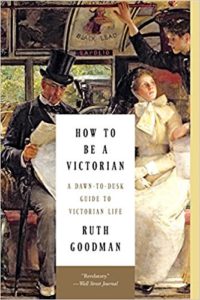

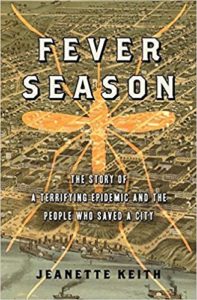
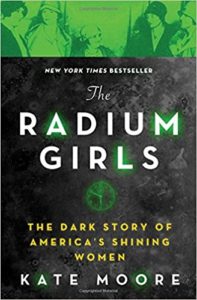
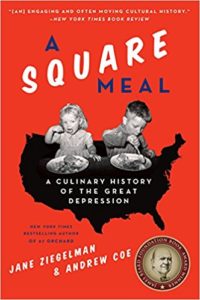
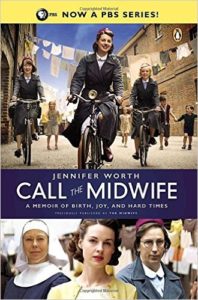
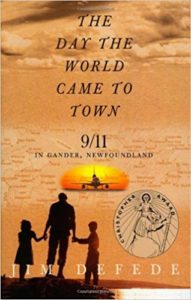
 Here is this week’s list of blog posts, short stories, articles, and other links from my favourite corners of the web.
Here is this week’s list of blog posts, short stories, articles, and other links from my favourite corners of the web. The time: Early 1990s
The time: Early 1990s The time: Late 1990s
The time: Late 1990s The time: The late 2000s
The time: The late 2000s If you live in a part of the world where March and the winter season in general isn’t cold, icy, and snowy, this post may not be helpful for you. (Also, I am a little jealous of your tropical or temperate environments at the moment!)
If you live in a part of the world where March and the winter season in general isn’t cold, icy, and snowy, this post may not be helpful for you. (Also, I am a little jealous of your tropical or temperate environments at the moment!) There are certain practical questions that should be asked before deciding whether exercising outdoors is a smart decision in the area where you live.
There are certain practical questions that should be asked before deciding whether exercising outdoors is a smart decision in the area where you live. How cool would it be to turn a dead planet like Mars into one that is teeming with life? I hope we’ll all live long enough to see at least the first stage of this kind of mission be carried out.
How cool would it be to turn a dead planet like Mars into one that is teeming with life? I hope we’ll all live long enough to see at least the first stage of this kind of mission be carried out. Here is this week’s list of comic strips and other links from my favourite corners of the web.
Here is this week’s list of comic strips and other links from my favourite corners of the web. Every once in a while, I like to ask my readers for feedback.
Every once in a while, I like to ask my readers for feedback. The only thing Steve remembered about his past was his name.
The only thing Steve remembered about his past was his name. Steve dug a small sleeping hole in the side of a cliff that first night. The thought of sleeping out in the open made him shudder for reasons he couldn’t explain, and that gut feeling turned out to save his life.
Steve dug a small sleeping hole in the side of a cliff that first night. The thought of sleeping out in the open made him shudder for reasons he couldn’t explain, and that gut feeling turned out to save his life.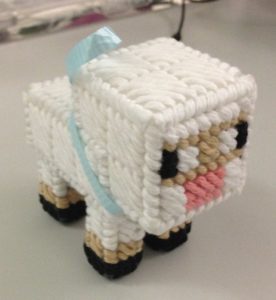 Steve’s little farm quickly grew into a large, bustling homestead. He soon had so many sources of food that he was able to fill several chests with enough meals to keep him from ever going hungry again.
Steve’s little farm quickly grew into a large, bustling homestead. He soon had so many sources of food that he was able to fill several chests with enough meals to keep him from ever going hungry again.
